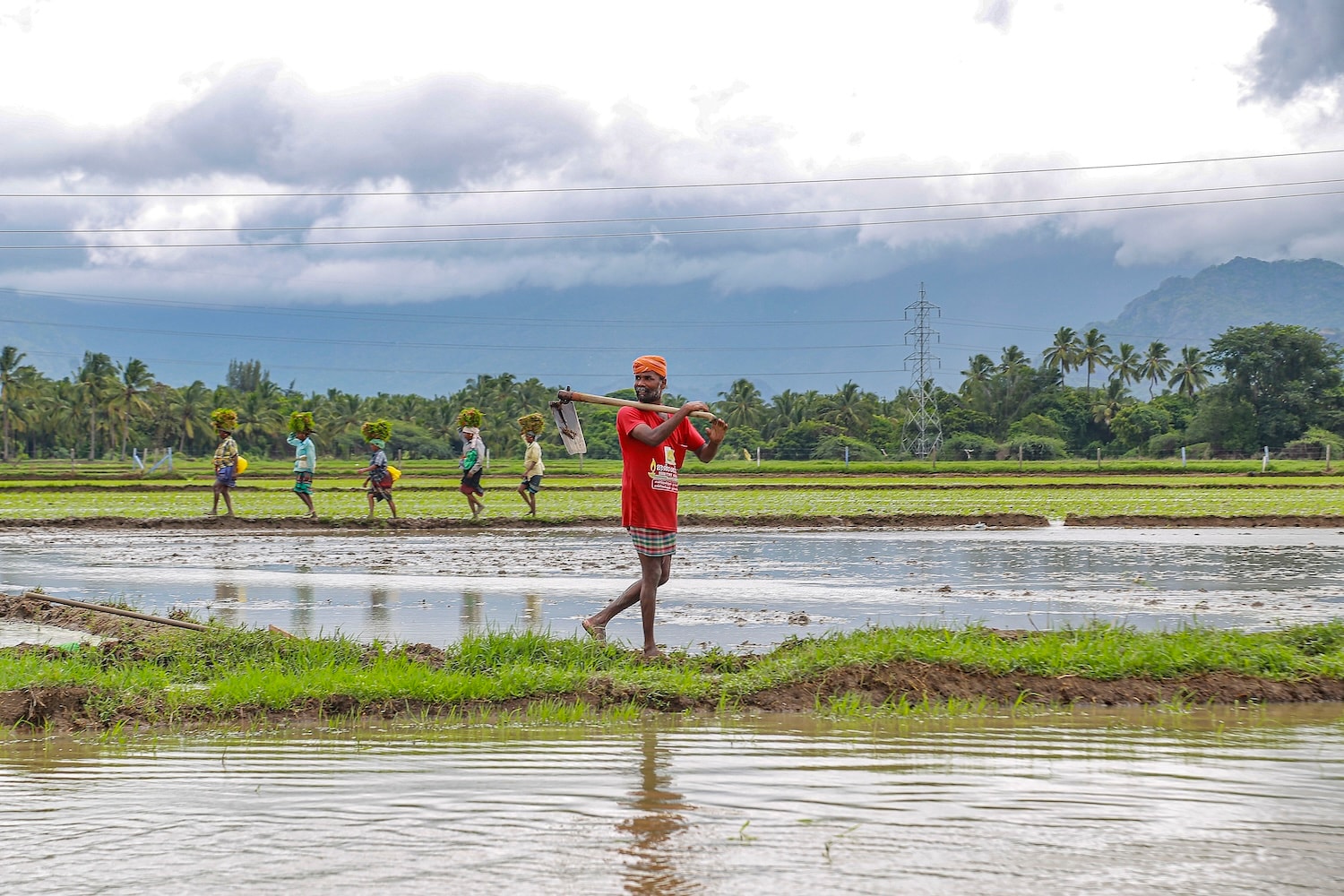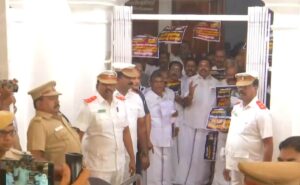

The Prime Minister expressed his pride in India’s farmers and reaffirmed the government’s intent to empower them. Union Minister Shivraj Singh Chouhan echoed this sentiment, envisioning the New Year as a step towards fulfilling the shared dream of a developed India.
The first major decision revolved around the Pradhan Mantri Fasal Bima Yojana (PMFBY) and the Restructured Weather Based Crop Insurance Scheme, which were extended until 2025-26 with a comprehensive budget of ₹69,515.71 crore. This move aims to provide risk coverage to farmers against natural calamities, ensuring that their hard work is safeguarded. The establishment of the Fund for Innovation and Technology (FIAT), with a corpus of ₹824.77 crore, marks a groundbreaking approach to integrating technology into crop insurance.
Initiatives like the Yield Estimation System using Technology (YES-TECH) and the Weather Information and Network Data Systems (WINDS) are set to revolutionise yield estimation and weather forecasting, offering farmers a lifeline against unpredictable climatic challenges. These advancements reflect the government’s commitment to leveraging innovation to benefit the agricultural sector.
The second key decision was the extension of the one-time special package on diammonium phosphate (DAP) fertilisers under the Nutrient Based Subsidy (NBS) policy until December 2025. With an additional allocation of ₹3,850 crore, this measure ensures that DAP remains affordable for farmers while promoting sustainable agricultural practices. By continuing this subsidy, the government seeks to alleviate the financial burden on farmers and maintain agricultural productivity. This policy reflects a long-term vision to enhance the accessibility of essential resources and strengthen the backbone of the agrarian economy.
The third decision involved strengthening international trade relations through a Memorandum of Understanding (MoU) with Indonesia for the annual trade of one million metric tonnes of non-basmati white rice. This four-year agreement, implemented by the National Cooperative Exports Limited (NCEL), not only addresses trade imbalances but also provides a structured framework for cooperative involvement in international markets.
By sourcing rice transparently and equitably, this initiative ensures market stability while boosting India’s export potential. The MoU represents a strategic move to integrate Indian agricultural products into global supply chains, fostering economic growth and cooperation.
The continuation of the Pradhan Mantri Fasal Bima Yojana encapsulates the government’s vision of inclusive development through technology. With initiatives like YES-TECH for yield estimation and WINDS for hyper-local weather data, the scheme exemplifies a forward-thinking approach to risk management in agriculture. The prioritisation of North Eastern States with a 90% premium subsidy highlights an equitable strategy to extend benefits to all regions. These measures reflect a holistic effort to ensure that no farmer is left behind, empowering them to face challenges with resilience and optimism.
In conclusion, the Modi government’s pro-farmer policies underscore a relentless pursuit of a “Viksit Bharat”—a developed India where agriculture thrives as the cornerstone of progress. By focusing on innovation, affordability, and global engagement, these decisions reflect a transformative agenda aimed at uplifting the lives of India’s farmers. This unwavering commitment aligns with the broader vision of a self-reliant, prosperous nation that cherishes its agricultural roots while embracing the promise of modernity.
—The authors; Pilot Neeraj Sehrawat, is National Incharge – Research & Policy, Kisan Morcha BJP, and Sumit Kaushik, a research scholar at O.P. Jindal Global University. The views are personal.
(Edited by : Unnikrishnan)



